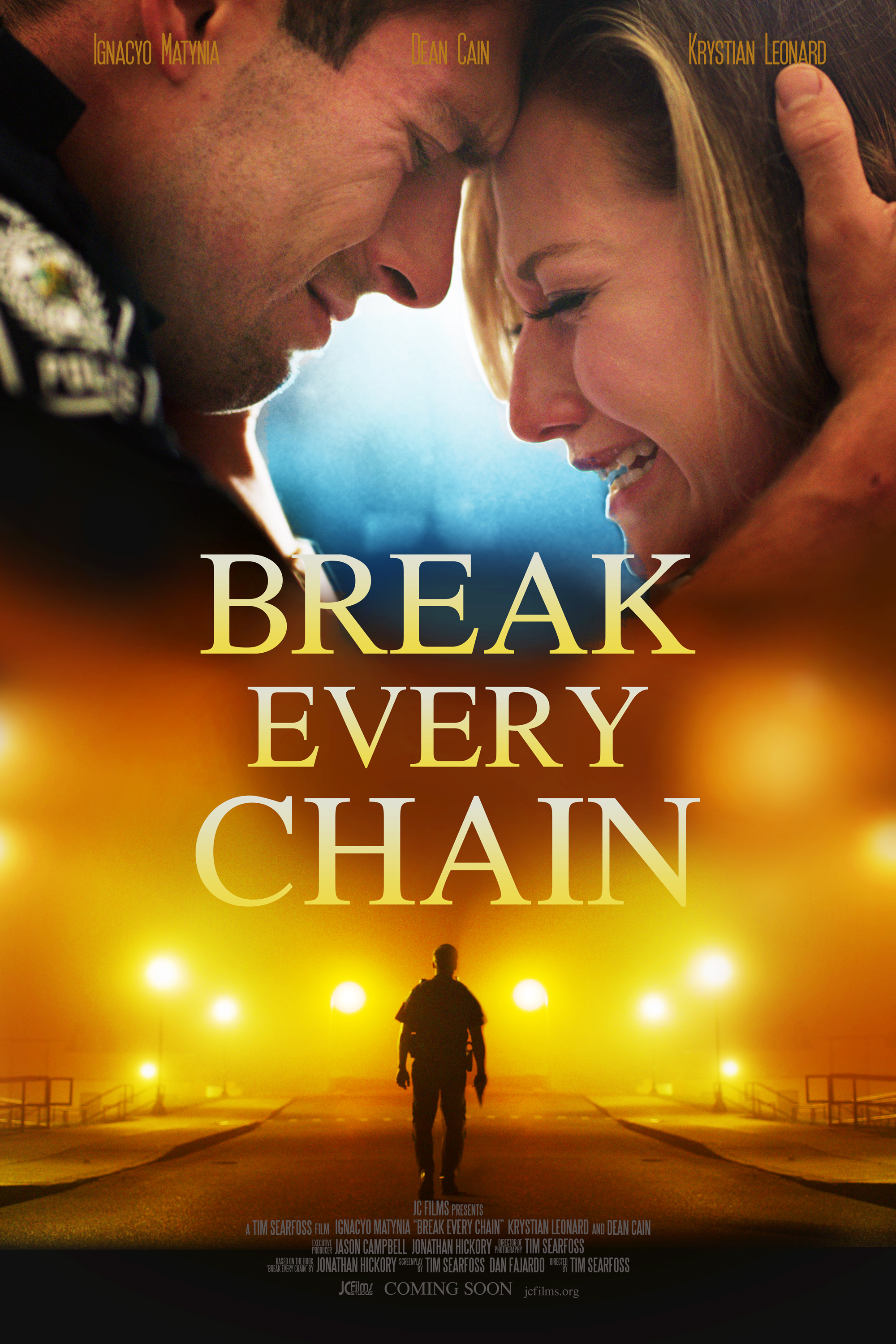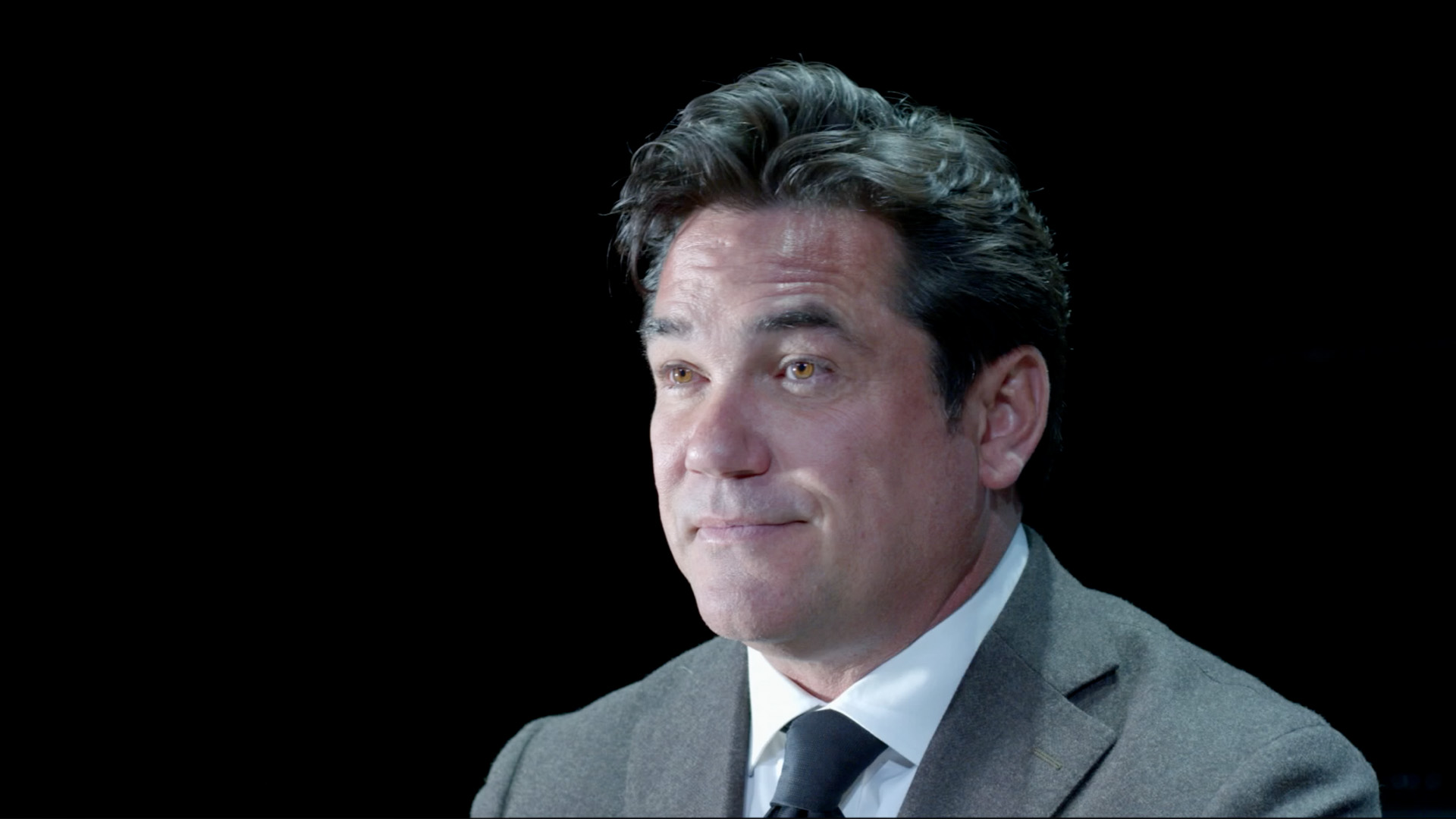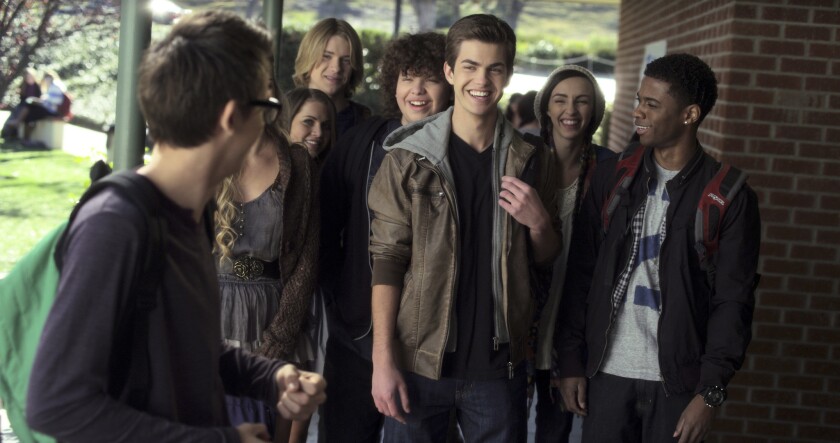
Plot Summary
Cabrini is a nun who is going to change the world for good no matter what anyone thinks about her methods or what/who tries to stand in her way. A lack of adequate funds to support her lofty goals is often the high card in the deck stacked against her, and the Catholic church doesn’t do much to help Cabrini with that problem. Her poor health, exacerbated by her feverishly determined quest to save the world, is tied for first place with money when it comes to what will attempt to keep her from greatness. This mostly boring and unfortunately forgettable story finally comes to an end once Cabrini has achieved sainthood.
Production Quality (2 points)
The production quality of this film is average or above in different moments. It is believable that many of the sets could be the impoverished sections of a big city, and all the sets involving the big Catholic palaces and temples in Rome show us that these places are as opulent and well-funded as ever – if a bit drafty with those toweringly tall ceilings. There are a few moments of artistic camerawork during flashbacks, but other than that most scenes are repetitive and drab. Drab is the word of the day in all areas of the plot.
Plot and Storyline Quality (1 point)
The plot and storyline are consistent, I’ll say that. Mind-numbingly so. There is little variety to speak of – we generally see scenes from the same three categories (1) Cabrini being scolded by or asking for money from an important Catholic, Italian, and/or politician guy (2) Cabrini saving/helping/wisely counseling children and adults (3) Cabrini being ill, staring morosely into space, or performing some type of manual labor. This makes it hard for any type of character arc to exist for any character. (spoiler) Nonetheless, the former prostitute (Vittoria) who becomes Cabrini’s right hand man woman, so to speak, is the strongest character in the film. Vittoria has a personality, realistic emotions and reactions, a believable backstory, and she changes. Even though she seems to have hung all her hopes on Cabrini rather than on God, this character shines with bold, vibrant color in a colorless lineup of characters. This brings me to another point.
In this portrayal of the real Cabrini, why does Cabrini continually rely on solely her own efforts to fundraise and care for people? In a startling moment of honesty very deep into the film’s runtime, we hear her say almost directly that she works nonstop because she fears death (and possibly being wrong). If she is such a saint, why does this portrayal include almost no information about her relationship with God? Where does He fit into the equation? I think we see one scene of her praying, but most of the time this version of Cabrini seems to be too busy pursuing her own ambitions to have time for what God wants and can do. (spoiler) In the end, she blackmails two different politicians on different levels, the Pope, and the Archbishop (?) in her district to get her way. She also uses all her personal assets as collateral in case her plan to save the world fails. Once again, relying only on self. This message is dangerous, in my opinion, and it’s not the only messaging that is concerning.
In one of the final scenes of the film, Cabrini says that a man/men would never do what she and her sisters have done. This is unmistakably the “strong woman” messaging that is corrupting our culture, inside and outside the church. As a Christian woman, I do not care for the idea that women are better than men or that men are better than women. I believe people of both genders are equal before God. And I believe the Bible will back me up on this. Therefore, if this is a movie about a person who gave up her life to serve God, why is it all about her? For these reasons and more, the plot and storyline are below average.
Acting Quality (.5 point)
The acting (or lack of it) leaves much to be desired. Once again, Romana Maggiora Vergano (Vittoria) is one of the only bright spots in this section. She acts circles around her ‘seasoned’ veteran counterparts. Virginia Bocelli shows some potential in her role as unnamed orphan number #23, but it hard to overlook that her being cast in the film is practically product placement. Giancarlo Giannini is forgettable in his role as the Pope, and if Cristiana Dell’Anna cracked a genuine, non-pained smile more than once a century in her role as Cabrini, I might just fall over. Albeit she was likely told to act this way, it would have been nice to see her interpretation of the character come through more clearly. Minor characters are okay, and some have potential, but they flit in and out of the plot (or die) so frequently that it is hard to get to known them very well. For this and other reasons I won’t bore you with, the acting quality in Cabrini is below average.
Conclusion
It was a nice idea to make a biopic about a woman who tried to help people, and who influenced positive change worldwide. However, it would have been nice to see a depiction of who this woman actually was. The sparse flashbacks should have been more prominent, and the screenwriter(s) could have used these to better establish her as a person rather than a great imitation of a lifeless icon. Modern films need to understand that if we are supposed to care about the stories they are portraying, we need to have some type of connection with the film. Maybe they could start by writing relatable characters instead of being politically correct and supergluing their feather pens to the category of “great feats by strong women.”
Final Rating: 3.5 out of 10 points
























































































































